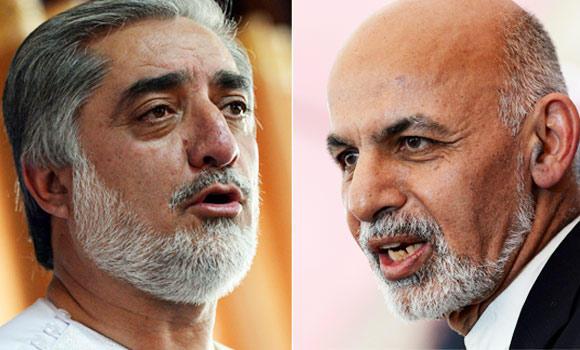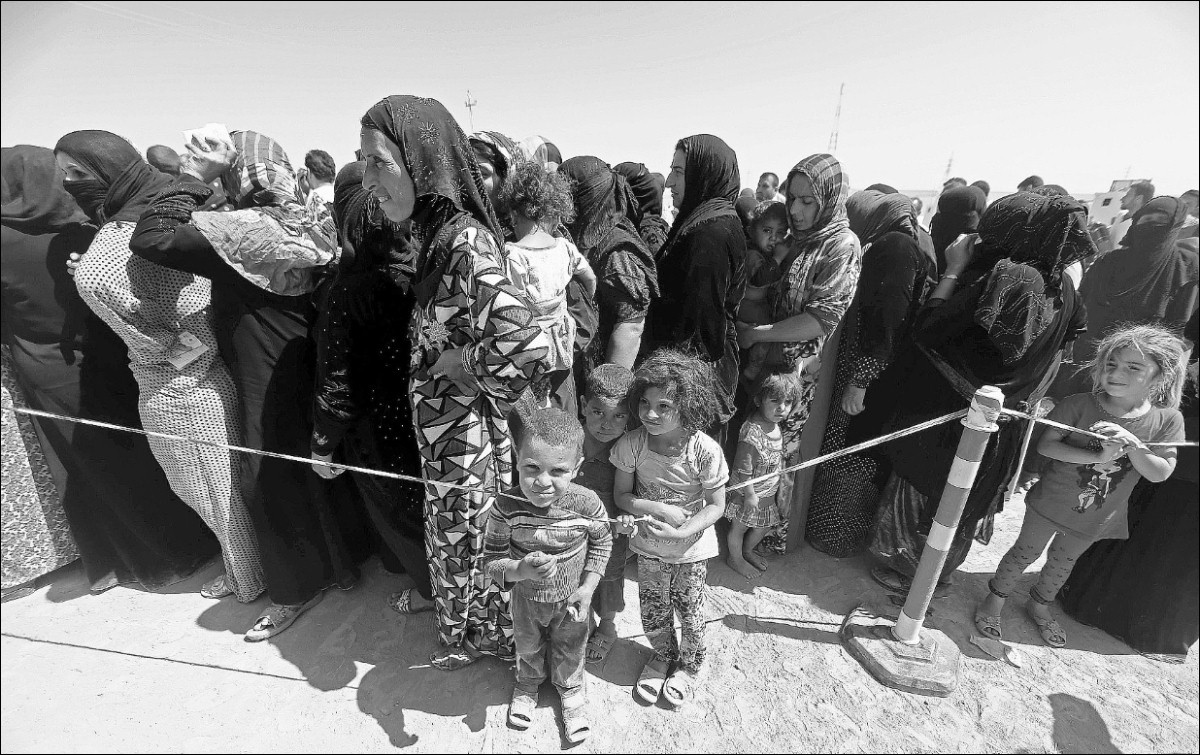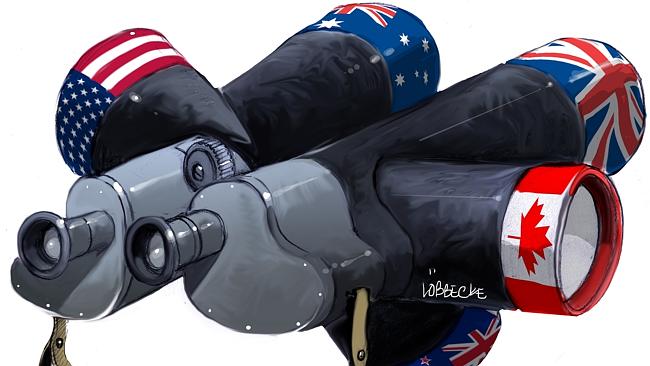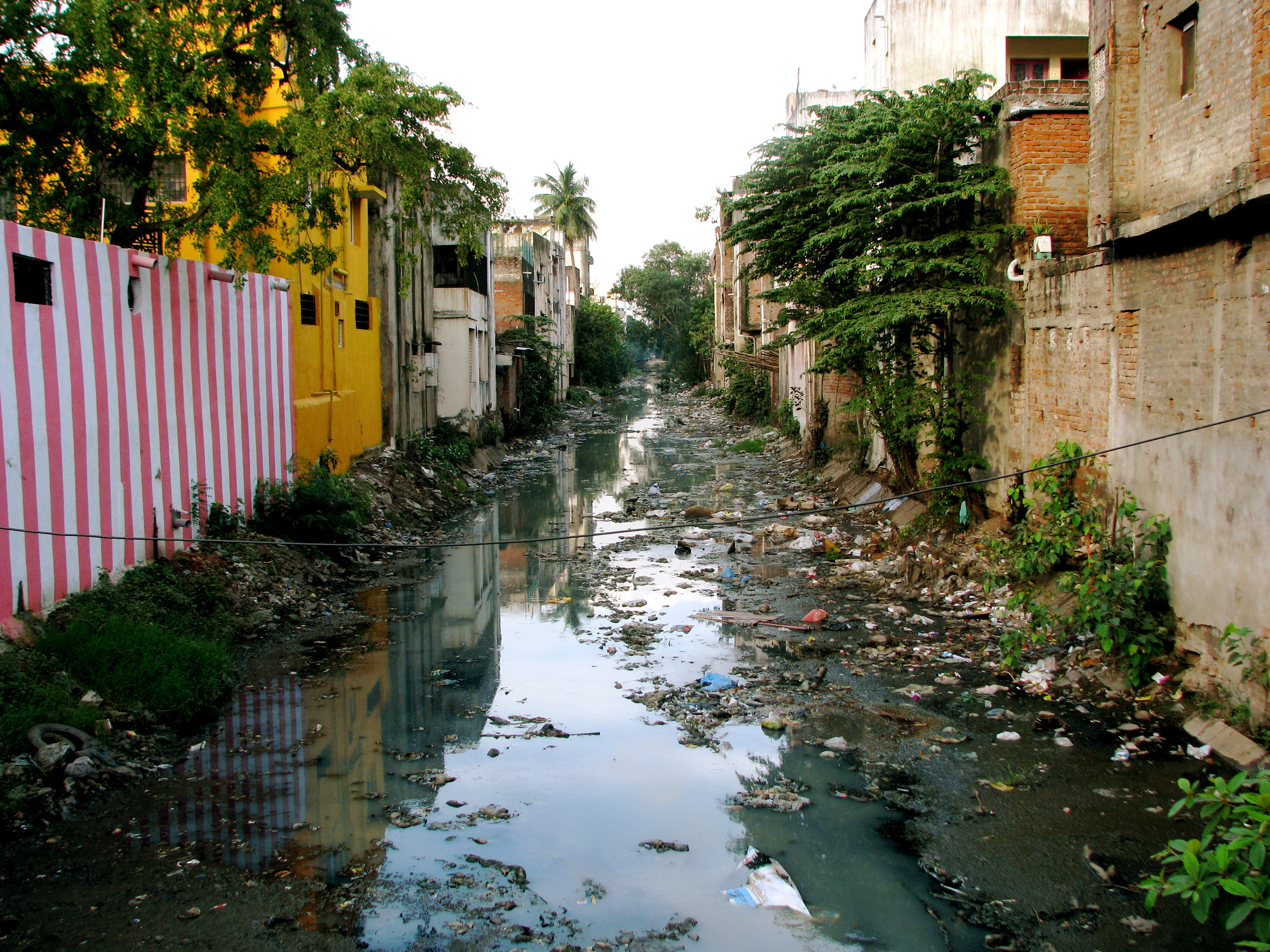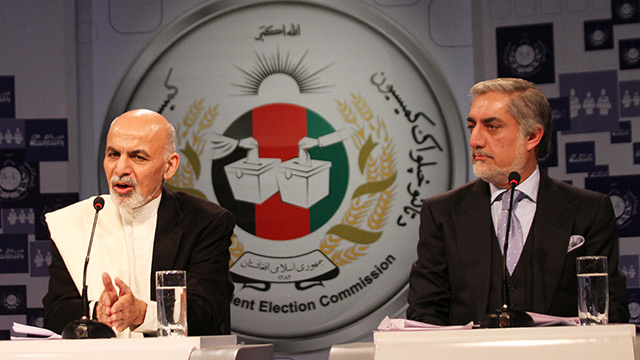
It’s now been 13 years since US troops and allied forces went into Afghanistan claiming to be fighting a global war on terror in retaliation for the 9/11 attacks on in the United States.
During this time, the objective has changed and what was initially a war to find Osama bin Laden and the rest of his al Qaeda fighters and rid them of a base of operation turned into a long fight against the Taliban. In the past few years with troop withdrawals and a fixed date by which to leave the country, the focus has remained on training both the Afghan national police and the Afghan national army as well as put in place a strong and stable democratically elected government who will act as an ally within the region and give the people of Afghanistan a renewed chance at democracy.
Last June Afghanistan saw its presidential elections take place in order to continue the democratic process alongside the withdrawal of ISAF troops from Afghanistan and the handover of control to the Afghan Defence Forces. With all the foreign blood and money spent on turning this country around, the preliminary results released on July 7 are particularly important.
The two candidates are Dr Ashraf Ghani (who has the support of outgoing President Hamid Karzai) and Dr Abdullah Abdullah, of mixed Tajik and Pushtun descent who is a former foreign minister. The preliminary results of the second-round give Dr Ghani the advantage with 56% and 44% to Dr Abdullah. This has however been met by the accusation of large-scale fraud and ballot-stuffing. This is in part due to the shift in percentage points from the first round in early April where Dr Ghani got 31.6% and Dr Abdullah fell five percentage points short of an outright victory with 45%.
As a result of this Dr Abdullah, who has the support of many powerful former warlords has threatened to declare a parallel government claiming victory in the election. Amongst his backers is Atta Mohammad Noor, his vice-presidential candidate who has both the money and the arms to support Dr Abdullah in setting up his own government. This would have a disastrous outcome with the result likely to split the country along both ethnic and geographical lines with the Pushtuns, Afghanistan’s largest ethnic group supporting Dr Ghani from the south and east and Dr Abdullah, holding on to support from the Tajiks in the north and west.
A further complication could be for the current President, Hamid Karzai to remain in power, causing a further headache for the governments in the west which are eager to see him gone.
In response to all this, US Secretary of State John Kerry, one of the few American officials with whom Karzai still has a warm relationship has been in Afghanistan over the weekend speaking to both candidates in order to find a solution for this difficult problem. Talks about an audit that would be acceptable to both are being held, however no solution has yet been found.

